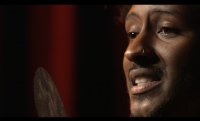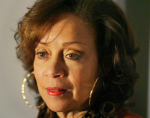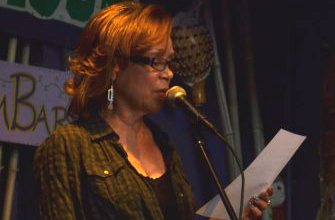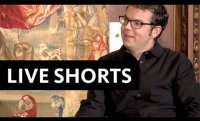PEN Announces Longlist for Literary Awards
PEN American Center has announced the longlist for its 2015 Literary Awards. The annual prizes are given for works of poetry, fiction, nonfiction, translation, and children’s literature written by emerging and established writers. This year PEN will award over $150,000 to writers through its awards.
The full longlist for the 2015 awards, given in seventeen categories (eight of which do not have a longlist), can be read on PEN’s website. Below are the semi-finalists for a few awards:
PEN/Robert W. Bingham Prize for Debut Fiction ($25,000): Awarded annually for a debut short story collection or novel published in the previous year that represents distinguished literary achievement and suggests great promise.
 The UnAmericans (Norton) by Molly Antopol
The UnAmericans (Norton) by Molly Antopol
Ruby (Hogarth) by Cynthia Bond
Black Moon (Hogarth) by Kenneth Calhoun
Redeployment (Penguin Press) by Phil Klay
Ride Around Shining (Harper) by Chris Leslie-Hynan
The Dog (Farrar, Straus and Giroux) by Jack Livings
The Wives of Los Alamos (Bloomsbury) by TaraShea Nesbit
The Heaven of Animals (Simon & Schuster) by David James Poissant
Love Me Back (Doubleday) by Merritt Tierce
Time of the Locust (Atria Books) by Morowa Yejidé
Judges: Caroline Fraser, Katie Kitamura, Paul La Farge, Victor LaValle
PEN/Diamonstein-Spielvogel Award for the Art of the Essay ($10,000): Awarded annually for an essay collection published in the previous year that exemplifies the dignity and esteem the essay form imparts to literature.
Moral Imagination (Princeton University Press) by David Bromwich
Theater of Cruelty (New York Review Books) by Ian Buruma
Loitering (Tin House Books) by Charles D’Ambrosio
Surrendering Oz (Etruscan Press) by Bonnie Friedman
The Hard Way on Purpose (Scribner) by David Giffels
Where Have You Been? (Farrar, Straus and Giroux) by Michael Hofmann
The Empathy Exams (Graywolf Press) by Leslie Jamison
Sidewalks (Coffee House Press) by Valeria Luiselli
Limber (Sarabande Books) by Angela Pelster
You Feel So Mortal (University of Chicago Press) by Peggy Shinner
Judges: Diane Johnson, Dahlia Lithwick, Vijay Seshadri, Mark Slouka
PEN Open Book Award ($5,000); Awarded annually for an exceptional book-length work of literature by an author of color.
An Unnecessary Woman (Grove Press) by Rabih Alameddine
Fire Shut Up in My Bones (Houghton Mifflin Harcourt) by Charles M. Blow
Team Seven (Doubleday) by Marcus Burke
Streaming (Coffee House Press) by Allison Adelle Hedge Coke
Every Day Is for the Thief (Random House) by Teju Cole
An Untamed State (Black Cat) by Roxane Gay
A Brief History of Seven Killings (Riverhead Press) by Marlon James
Citizen: An American Lyric (Graywolf Press) by Claudia Rankine
The Fateful Apple (Urban Poets and Lyricists) by Venus Thrash
The City Son (Soho Press) by Samrat Upadhyay
Kinder Than Solitude (Random House) by Yiyun Li
Judges: R. Erica Doyle, W. Ralph Eubanks, Chinelo Okparanta
Finalists will be announced on April 15, and the winners will be announced on May 13 and honored at an award ceremony at the New School in New York City on June 8.
Established in 1922, PEN American Center has administered its Literary Awards for nearly fifty years. Based in New York City, PEN works to “ensure that people everywhere have the freedom to create literature, to convey information and ideas, to express their views, and to make it possible for everyone to access the views, ideas, and literatures of others.”






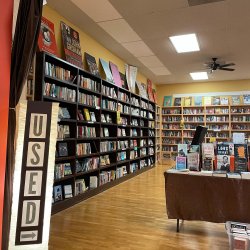
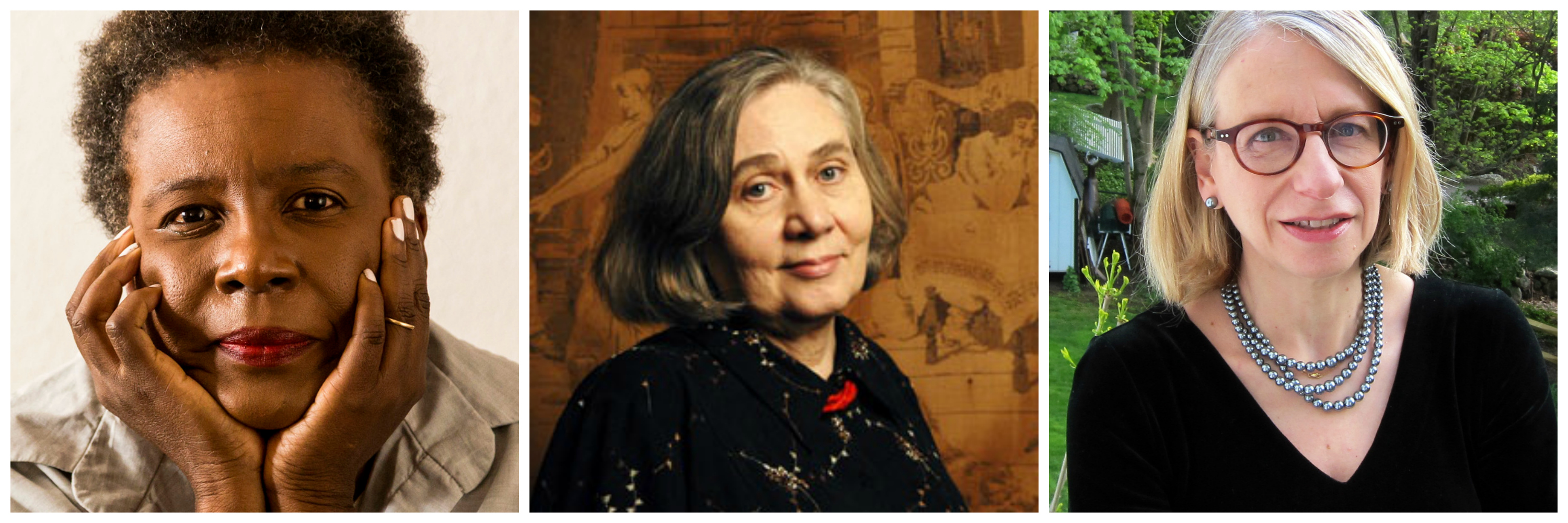 John Lahr won in biography for Tennessee Williams: Mad Pilgrimage of the Flesh (Norton); David Brion Davis won in general nonfiction for The Problem of Slavery In the Age of Emancipation (Knopf); and the criticism prize was awarded posthumously to Ellen Willis for The Essential Ellen Willis (University of Minnesota Press), edited by Willis’s daughter, Nona Willis Aronowitz. Phil Klay won the John Leonard Prize for his National Book Award–winning short story collection, Redeployment (Penguin Press); the John Leonard Prize recognizes an outstanding first book in any genre. Alexandra Schwartz, an assistant editor at the New Yorker, won the Nona Balakian Citation for Excellence in Reviewing. Nobel laureate Toni Morrison received the Ivan Sandrof Lifetime Achievement Award.
John Lahr won in biography for Tennessee Williams: Mad Pilgrimage of the Flesh (Norton); David Brion Davis won in general nonfiction for The Problem of Slavery In the Age of Emancipation (Knopf); and the criticism prize was awarded posthumously to Ellen Willis for The Essential Ellen Willis (University of Minnesota Press), edited by Willis’s daughter, Nona Willis Aronowitz. Phil Klay won the John Leonard Prize for his National Book Award–winning short story collection, Redeployment (Penguin Press); the John Leonard Prize recognizes an outstanding first book in any genre. Alexandra Schwartz, an assistant editor at the New Yorker, won the Nona Balakian Citation for Excellence in Reviewing. Nobel laureate Toni Morrison received the Ivan Sandrof Lifetime Achievement Award.